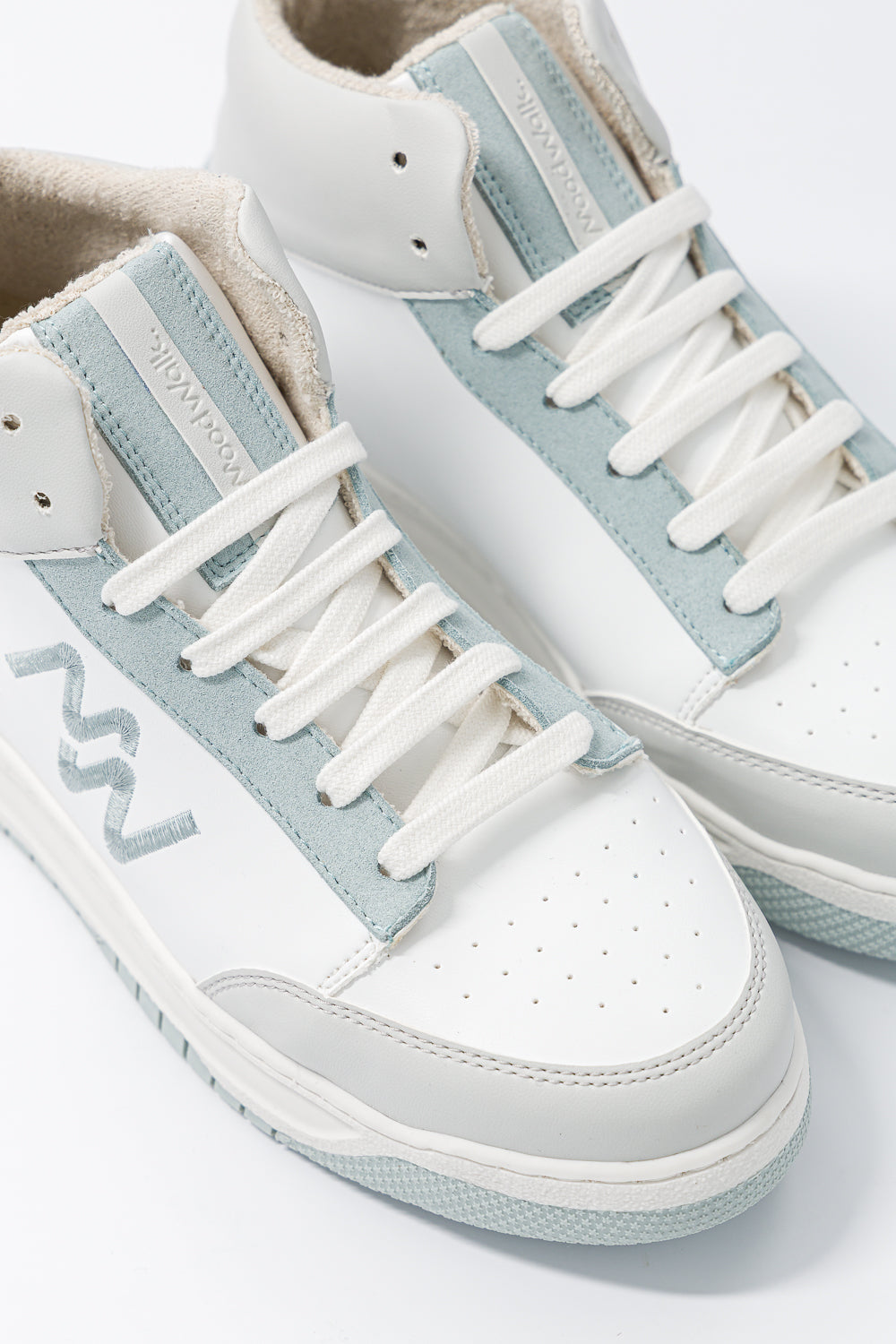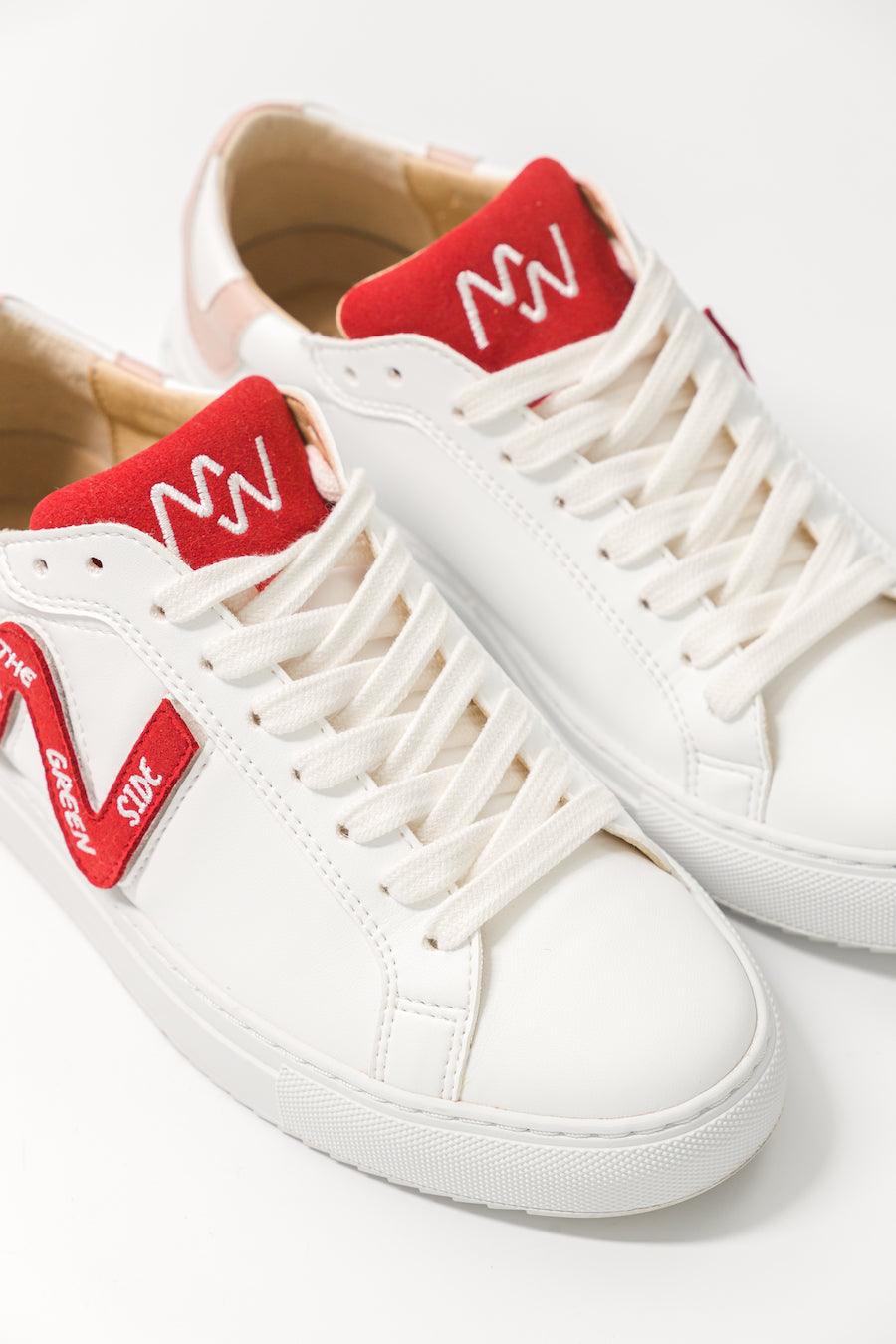Towards more responsible fashion: the role of the law
For several years now, the fashion industry has been criticized for its environmental and social impact. Pollution, overproduction, exploitation... The criticism is mounting.
In response to these challenges, new legislation is emerging to encourage brands to adopt more sustainable practices. Among these, the AGEC law and the anti-fast fashion law represent major steps forward in transforming the industry.
The AGEC law: reducing waste and promoting the circular economy
Adopted in 2020, the Anti-Waste Law for a Circular Economy (AGEC) aims to limit textile waste .
Specifically, it prohibits the destruction of unsold items, a common practice in the fashion industry that generated tons of waste each year. Brands must now:
-
donate or recycle unsold products,
-
better inform consumers about the composition and traceability of items,
-
integrate more recycled materials into their collections.
This law marks a turning point towards a more circular fashion, where nothing should be wasted and where every resource is optimized.
The anti-fast fashion law: holding fashion giants accountable
More recently, the anti-fast fashion law, under discussion and already initiated in several European countries, directly targets brands that produce collections at a frenetic pace.
The objective is clear: to reduce the incentive for overconsumption and penalize abusive practices. This involves:
-
a limitation of aggressive promotional campaigns,
-
mandatory environmental labeling on clothing,
-
taxes or financial penalties for companies that do not meet ecological criteria.
This law encourages fashion players to slow down and prioritize quality and sustainability over quantity.
What impact for consumers and brands?
These new laws are not just symbolic: they have a direct impact on how we consume and how brands produce.
More transparency for consumers
These regulations give customers access to more information about the environmental impact of products, allowing them to better compare and make more informed choices.
Buying a piece is no longer just about price or style: it is also about knowing its ecological footprint and its life cycle .

An incentive for brands to innovate
For businesses, these laws are a challenge but also an opportunity. They encourage:
-
adopt more responsible materials (recycled textiles, vegan alternatives, natural fibers),
-
review production processes,
-
invest in innovation and upcycling.
Brands that take this turn early gain the trust of consumers and establish themselves as benchmarks in sustainable fashion.
A fashion in full transformation
Laws like the AGEC and the anti-fast fashion law are a sign of profound change. They force the industry to reinvent itself to address environmental and social challenges.
Although they sometimes represent a constraint for the giants of the sector, they also open the way to a more respectful, more transparent and more sustainable fashion.
As consumers, we now have the keys to supporting this evolution by favoring brands that are truly committed.
Tomorrow's fashion will be responsible... and the law is laying the foundations.










